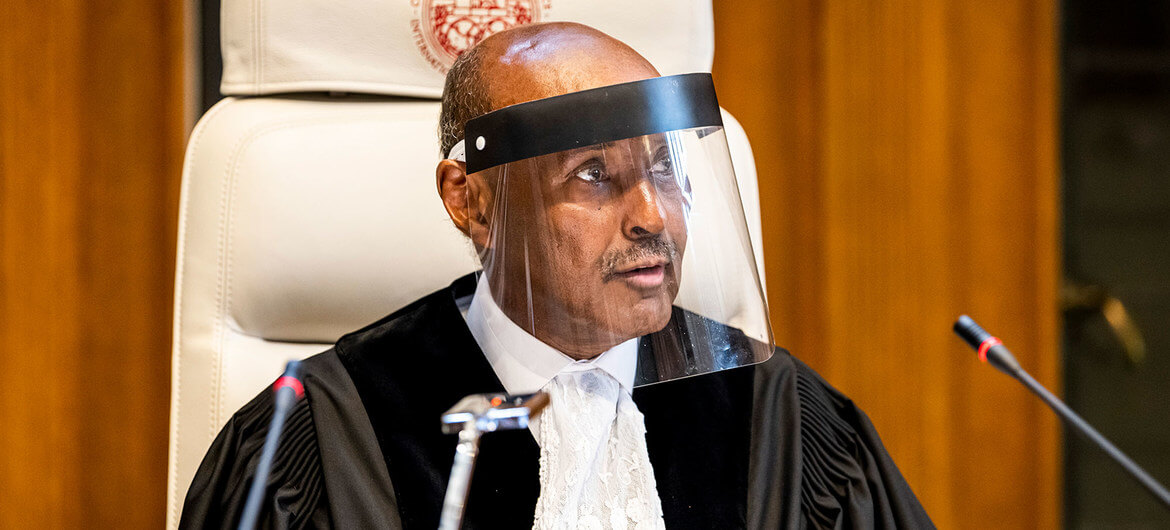The United Nations’ (UN) highest court for international disputes backed Qatar in its legal fight with other Gulf states on Tuesday. The United Arab Emirates (UAE), Saudi Arabia, Egypt, and Bahrain had presented appeals to the International Court of Justice (ICJ) that questioned the authority of the UN’s International Civil Aviation Organization (ICAO) in solving their ongoing airspace dispute against Qatar. In 2017, the aforementioned nations had sanctioned an air blockade against Qatar as a part of a diplomatic blockade, which included the severance of trade, political, and transport ties.
The sanctions were instated in apparent retaliation for Doha’s alleged support for Islamist groups recognized as terror outfits by the plaintiff nations, which the other countries consider as a violation of diplomatic agreements in the region. Qatar denies these allegations and argues that the blockade “undermines its sovereignty”. In particular, Doha believes that the airspace embargo goes against the tenets of the 1944 Convention on Civil Aviation, an international treaty that led to the creation of the ICAO.
Initially, Doha had lodged a case against the air blockade with the ICAO, but the other countries involved tried arguing that it was only the ICJ that had the jurisdiction authority to rule on the dispute. Abu Dhabi, Riyadh, Cairo, and Manama argued that the case went beyond being just a matter of civil aviation. However, a 16-judge panel at the ICJ, headed by ICJ President H.E. Judge Abdulqawi Ahmed Yusuf (pictured above), dismissed the appeals filed by Doha’s Gulf neighbours against numerous decisions made by the ICAO. Further, the Court ruled that the ICAO does, in fact, have jurisdiction to settle the airspace row and is the correct competent body to hear the case.
While the ICAO in Montreal cannot impose legally binding rules, it is the body that decides security and safety standards uniformly followed by all 193 of its members. The Convention had also introduced a dispute resolution mechanism that is overseen by the aviation agency.
Therefore, the Qatari case pending at the ICAO which objected to the closing of airspace will now continue. Due to the air blockade and the limits to its sovereign airspace, Doha has had to rely on Tehran and use the Persian Gulf for its flight routings. Hence, Qatar has welcomed the ICJ’s Tuesday decision, which recognizes its right to challenge imposed restrictions by other Gulf countries. However, the UAE has vowed that it will now continue to fight at the ICAO to close its airspace to Qatari aircraft.
Diplomatic experts and sources from the Gulf have told Reuters that Washington is trying to push Riyadh and its allies to “reopen their air space to Qatar”, but these efforts have thus far been unsuccessful. The United States shares close relations with all involved nations, including Qatar, which is home to the Western power’s largest regional military base. The Donald Trump administration views close Gulf ties as an asset in its fight to contain Iran, and sees the internal rift as a threat to its foreign policy objectives. Hence, it has constantly “pushed for a united Gulf front”.
Image Source: United Nations
ICJ Rules Against Saudi, UAE, Egypt, Bahrain Appeal in Air Blockade Dispute With Qatar
The Court has said that the UN's aviation body is competent to handle the case
July 15, 2020

